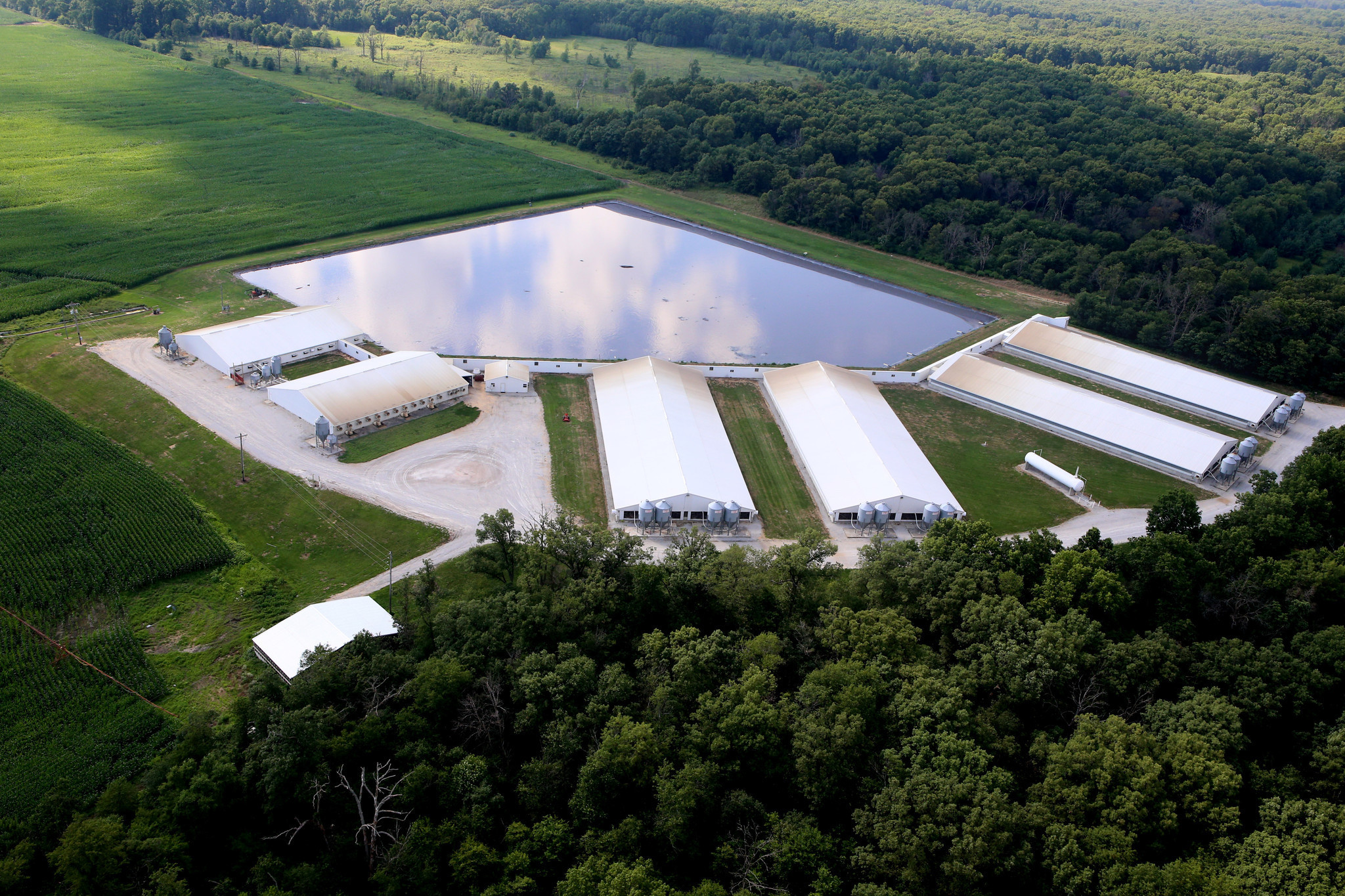Alternative Feeds Influence Greenhouse Gas Output of Pork Production

Research conducted by the University of Saskatchewan shows including low cost high fibre feed ingredients in swine rations can reduce the volume of greenhouse gas output attributed to pork production
by Bruce Cochrane – FarmScape Online
Researchers with the University of Saskatchewan are examining the carbon footprint left when using high fibre feed ingredients, specifically wheat mill run and culled peas, in swine rations.
Dr. Denise Beaulieu, an Assistant Professor Monogastric Nutrition with the College of Agriculture and Bioresources, says the goal was to determine how including low cost alternative feeds influence greenhouse gas output.
“Whether we’re using the wheat mill run or if we use the pea, where we can put into the model the agronomic benefits and the decreased requirement for nitrogen fertilizer, we can show an overall decrease in greenhouse gas output”
“It does look like either using a by-product, for example in the wheat mill run where because most of the carbon, the input for that, are used for the feed production, that can be offset because they’re producing flour for the humans. We’re kind of spreading out that carbon over different uses.“Whether we’re using the wheat mill run or if we use the pea, where we can put into the model the agronomic benefits and the decreased requirement for nitrogen fertilizer, we can show an overall decrease in greenhouse gas output or the global warming potential of pork production. It’s kind of like a win win.
“Because we’re sharing the greenhouse gas output among the grain producers, for example growing wheat, some of this would be attributed to making the flour and some of it to the wheat mill run that we can then use to make pork, we’re making better use of the input to that crop by using that crop completely. Or, in the case of culled peas, if we use those peas to produce pork then the inputs that went into grow those peas, we’re actually producing pork from it.”
Dr. Beaulieu says the work indicates can increase pork production without showing the same increase in global warming potential that we might see if we were using grain grown specifically to produce pork.
Farmscape is a presentation of Wonderworks Canada Inc.












